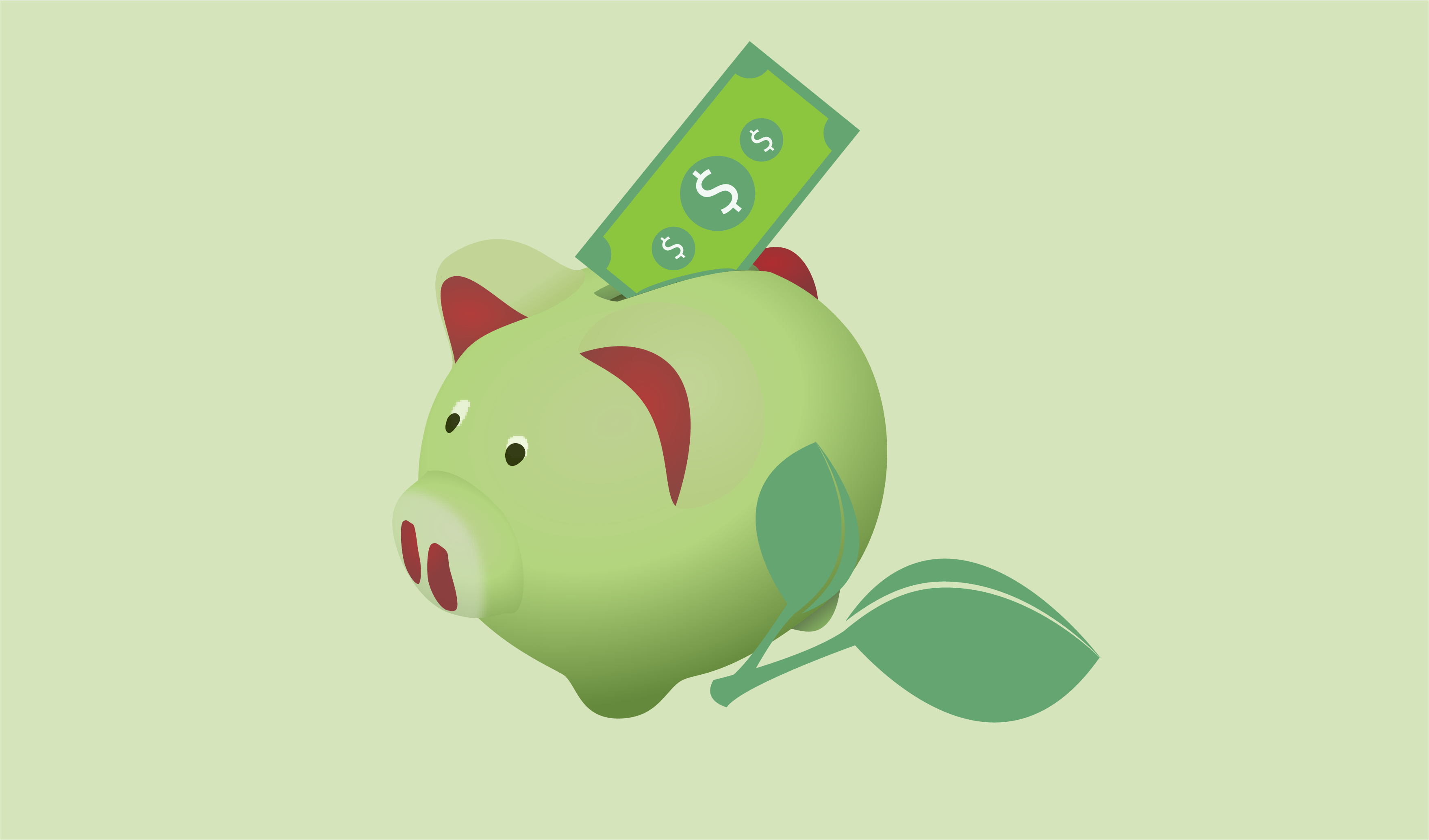
5 minute read
Go Green, Save Green This Year
The New Year is here and it is only natural to use this time to consider changes one could make with a fresh start. If helping the environment and saving money are on your list of to-dos in 2025, you may be pleased to know that achieving these goals can easily go hand in hand.
Just as a single raindrop in a body of water creates farther-reaching ripples, a small change for the good of the environment can help effect positive change in the local ecosystem over time. The City facilitates several programs for residents that help take the brainwork out of environmentally friendly practices.
In addition to the desire to protect Westerville’s natural resources, the potential environments and cost-saving benefits of going green like reducing demand on the City’s power supply, removing excess contaminants heading to the water treatment plant and helping to preserve space in the Franklin County landfill, are too good to ignore.
Then there are the potential benefits to the consumer. According to the Environmental Protection Agency (EPA), high-efficiency household equipment labeled as Energy Star or WaterSense certified can help reduce water and electricity use, potentially saving money on utility bills. More efficient appliances may even come with federal tax incentives. Homeowners can save up to $3,200 annually through 2032 to help offset the costs of some energy efficiency upgrades. Visit www.irs.gov for information about energy efficiency home improvement tax credits.
Find more about the City’s commitment to environmental protection and sustainability at www.westerville.org/sustainability.
Resolve to Go Green in 2025
At Home
Rethink Your Shower RoutineThe average American spends eight minutes showering daily, using about 20 gallons of water each time according to the EPA.
Switch to LED Light BulbsAccording to the Department of Energy, residential LED light bulbs can use 75% less energy than incandescent bulbs. Those energy savings can translate to cost savings on monthly utility bills.
Recycle Old Batteries, Bulbs and String LightsRid your home of old energy-draining, inefficient and potentially unsafe batteries, light bulbs and holiday lights. Take advantage of the Westerville Electric Division’s free drop-off programs at 139 E. Broadway Ave. Items are collected 24/7 and transported for responsible recycling. For details visit www.westerville.org/electric.
At Work
Limit, Optimize Documents for PrintingReconsider printing memos, meeting agendas and minutes in favor of sharing digitally. For documents that must be printed, formatting changes--such as reducing margin and font sizes--can help dramatically reduce the number of pages printed per document. In 2012, the EPA estimated it helped save 170,000 sheets of paper by making similar changes to in-demand documents. Calculate the impact of your team’s printing on the environment using the Environmental Paper Network Paper Calculator at www.papercalculator.org.
Research, Implement Business IncentivesResearch available incentives and rebate programs for sustainable technologies. Through the Westerville BusinessWISE program, the City offers incentives to large and small commercial and industrial (C&I) electric customers to implement energy efficiency measures. Additionally, the City offers a rebate program for approved electric vehicle charging stations installed at eligible workplaces, retail, hotels, institutional, industrial and multi-family properties. Visit www.westerville.org/electric for more information.
Pack A LunchAccording to the U.S. Department of Agriculture, food prices increased by 5.8% in 2023 (after 2022 saw a jump of 9.9%, the largest recorded increase since 1979). With the cost of food rising at grocery stores and restaurants, brown-bagging your meals can help save money and reduce your carbon footprint. Consider bringing your food scraps to one of the City’s free food composting drop-off sites. Find a location near you by visiting www.westerville.org/composting.
Out And About
Consider Public TransportationThe average passenger vehicle emits 4.6 tons of carbon dioxide each year, according to the EPA. Choosing more environmentally friendly transportation options can help reduce this number and your carbon footprint. It’s not so complicated for Westerville residents who are fully connected to regional public transportation thanks to COTA//Plus, an on-demand ride service. Rides cost $3, a day pass is $6 and a weekly pass costs $20. Discount codes are available as well. Download the COTA//Plus mobile application or visit www.cota.com/cotaplus for more information. As the weather warms up, consider hopping on your bike and exploring the City’s 51 miles of recreation trails and bicycle-friendly roads to get where you need to go.
Enjoy Free Hometown AmenitiesDive back into what first attracted you to Westerville: the award-winning parks system, historic Uptown district with its modern dining and shopping, public art and entertainment at every turn. Westerville is home to 650 acres of parkland; bundle up and then treat yourself to some fresh air and explore the unique features embedded into each thoughtfully planned park space. Grab a beverage from one of Uptown’s many restaurants and spend a few hours supporting small businesses as you stroll the historic streets and take in a growing number of public murals.
Ditch the Single-Use PlasticsSingle-use plastics, such as grocery bags, disposable water bottles and straws, can wreak havoc on local ecology as they are difficult to recycle. Consider where you can incorporate sustainable, reusable swaps.
About the Energy Star and WaterSense ProgramsENERGY STAR and WaterSense are separate programs administered by the EPA. Both initiatives ensure products and programs meeting EPA criteria for energy and water-use efficiency are labeled as such. Some products, such as high-efficiency washing machines, can carry both labels. Learn more at www.epa.gov.










